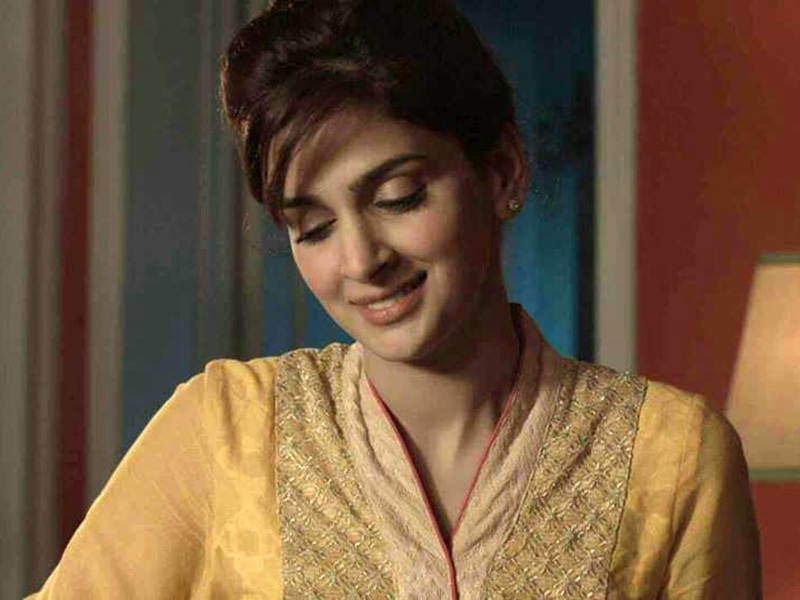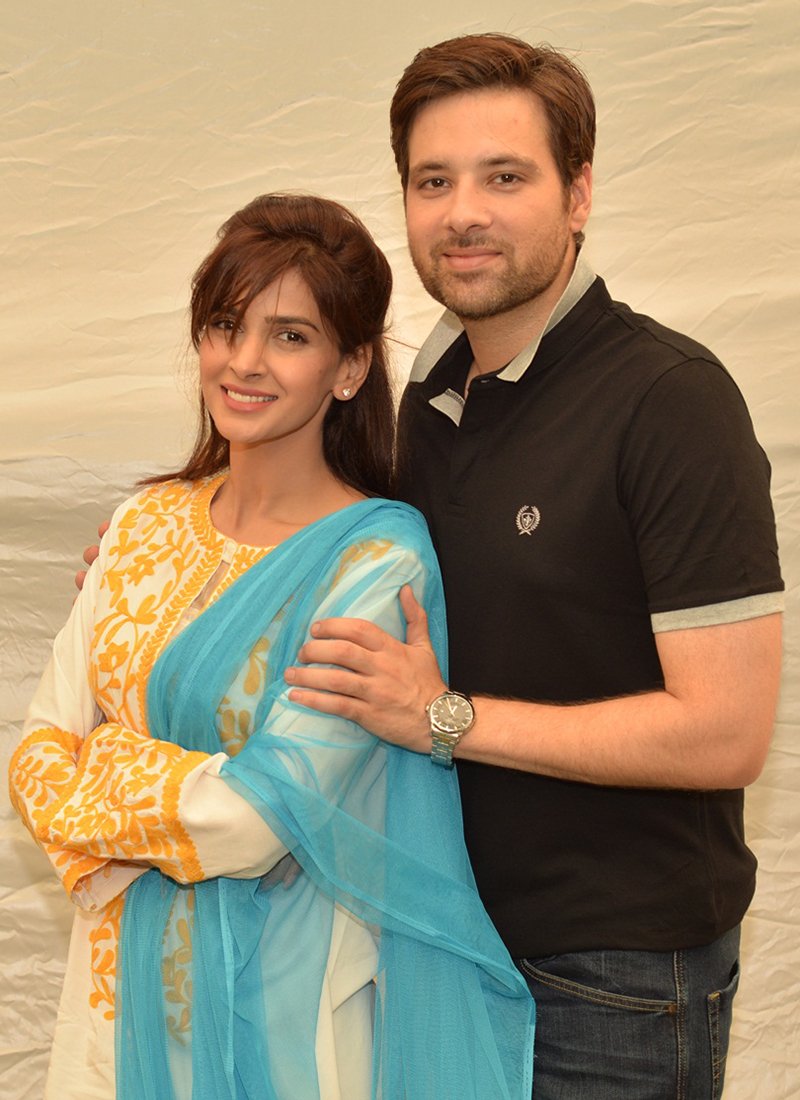First look: Will Sangat deal with sexual violence any better than typical TV?
You would think that in light of recent events, a drama taking on the horrors of rape would be a way to sensitize audiences.
Sangat, the latest offering by HUM TV, takes on sexual assault as well as the fallout of such a traumatizing experience.
Setting the stage for tough conversations: family planning and motherhood
The first episode was quite fast-paced and wasted no time in establishing all the central characters. Ayesha (Saba Qamar) is the hyper-efficient housewife speeding though her day – a Sunday at that – that begins with early morning shopping for groceries, clothes, cacti (!) and ends with her cooking, cleaning and serving up a three-course meal. All with a happy smile and nary a valium in sight.
Along the way we are treated to gems that writers love to toss our way such as women only get respect if they know their way around a kitchen served up with Ayesha’s unrelenting cheer. It’s enough for me to want to hunt down the writer and use him for dart practice, replacing the darts with weapons better suited to impalement. Then again, writer Zafar Mairaj has to atone in some way for his last debacle that was Ashk.
 |
| Ayesha wants to have children, but her hubby doesn't — Photo courtesy Sangat's Facebook page |
We aren’t shedding any tears (yet) as Ayesha coasts on being the perfect bahu, bhabhi and biwi. She is the obedient bahu to her cantankerous taweez-yielding mother-in-law played by the bankable Samina Ahmad. She's a good-humoured bhabhi to her nand Farah (Kiran Haq), who's chic in oversized glasses to drill home the point about her being a young college going-studious type. And a loving and patient wife to college beau and now-husband Adnan (Mikaal Zulfikar).
While she might be hard to fault, things are far from picture-perfect in the household. Thankfully, there are moments of dysfunction — Ayesha’s sadness at being childless, Adnan’s casualness about her wishes for a family, Farah being annoyed at her mother, her mother’s own emotional blackmailing abilities — that make this family rather believable. This gloss of normalcy is established rather nicely and helps chisel out a little more by way of character development for each of them.
The mother-in-law finds fault in most things Ayesha does and even more for not having produced any progeny despite being married for two (yes, count them, two) whole years.
The mother-in-law finds fault in most things Ayesha does and even more for not having produced any progeny despite being married for two (yes, count them, two) whole years. Though Ayesha in good wife form takes on the blame, her patience runs thin and she finally puts Adnan in her saas's line of ire by informing the family at the dinner table that Adnan is holding off on parental bliss till he can gain a financial foothold, preferably abroad.
In the ensuing awkwardness, family planning is docked as the family hopes for happier times ahead.
When a plot hinges on rape and sexual violence
A fateful night that Ayesha spends at her mother’s home, however, takes the narrative into trickier territory. Robbers barge into the house armed with insider information on the mother's valuables as well as ignoble designs on her daughter. The normalcy of Ayesha’s mundane quotidian life is shattered by the brutality of rape.
While our dramas are bound by the power of suggestion, there is also the need to understand and thereby visually reflect that violence. The viciousness of the act needs an equally brutal image to show that rape is an act of sexual intrusion, committed by force against a person’s will, which was sorely missing here.
The shock of the incident still managed to bookend the relaxed beginning of the episode. As in most cases of rape, the perpetuator is known to the victim and with the unmasking of the assailant (Zahid Ifthekar) it seems clear that Ayesha too knows his identity. As far as cliffhangers go, it is a decent one to end on.
 |
| Ayesha is the perfect biwi, bahu and bhabi — Publicity photo |
Rape isn’t new to our dramas and was most recently dealt in Chup Raho. Both Saba Qamar and Mikaal Zulfikar also played similar roles of a couple dealing with the aftermath of rape in Pani Jaisa Pyar (HUM TV 2011). So will Sangat bring anything different to our screens?
As with most dramas dealing with sexual assault, the focus usually shifts from the victim to the family and thereby echoing society at large. It becomes about how the family deals with the fallout of such a heinous crime.
Hiding the truth, not seeking help for the victim to deal with the physical and emotional scarring and even more nauseatingly portraying the woman at fault — all become plot points for these stories to revolve around. It might be conjecture at this point, but Sangat doesn’t seem any different.
What is promising, however, is that at its helm is the very talented director Kashif Nisar.
His last drama Ullu Baraye Farokth Nahi was rich with all shades of familial, political and sexual intrigue. One can only hope he can move this story beyond clichés.
The main leads – Saba Qamar and Mikaal Zulfikar, as well as the supporting cast are all strong actors who can potentially infuse their performances with the angst and pain that this traumatic experience brings but can also show their sheer mettle in being able to find an inner strength within themselves and each other to rise again from the ashes of their grief.
Sadaf Siddique is freelance writer, film and drama enthusiast and sometime drama queen not necessarily in that order.












